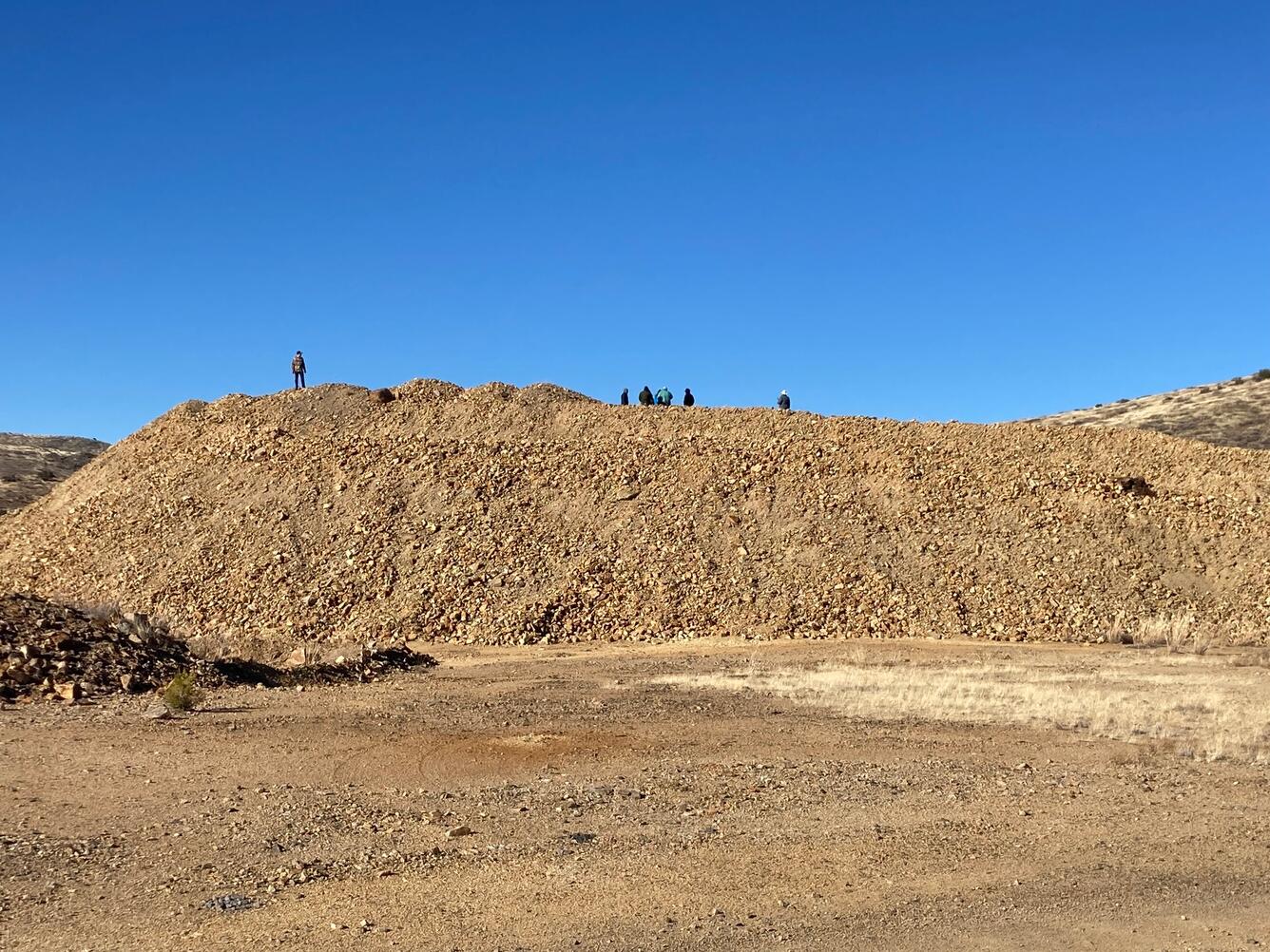
New Mexico, Missouri join national mine waste mineral study
New Mexico and Missouri are among 13 states that agreed to conduct geological surveys of critical minerals in mine waste. The U.S. Geological Survey (USGS) awarded nearly $3 million in cooperative agreements for the work.
Why critical minerals matter
Critical minerals support the U.S. economy, national security, and clean energy transition. They are essential for defense, emerging technologies, and energy independence. Many appear alongside more common minerals. For example, germanium, often found with lead and zinc, is crucial for electronics and optical uses. Today, China dominates germanium production and restricts exports to the U.S.
USGS outlines project goals
“The USGS is mapping the critical minerals needed for the U.S. economy and national security across the country,” said Jamey Jones, science coordinator of the USGS Earth Mapping Resources Initiative.
Jones explained that mine waste is an accessible, above-ground source of minerals. By working with state geological surveys, the project could offset cleanup costs while boosting the mineral economy in each state.
States taking part
Agreements have been reached with the geological surveys of:
-
Arizona
-
California
-
Colorado
-
Idaho
-
Kentucky
-
Michigan
-
Missouri
-
Montana
-
Nevada
-
New Mexico
-
Oregon
-
Virginia
-
Washington
How the surveys will work
USGS will support states in building a mine waste inventory by examining databases and historic records of legacy mining. States will also perform field sampling and analysis to determine the types and amounts of minerals present.
This effort will contribute to the national mine waste inventory being compiled by the USGS. It will also assess remediation challenges while identifying minerals critical for advanced technology, renewable energy, and defense applications.

